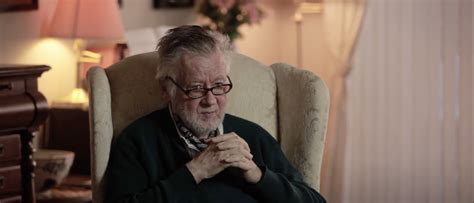A Quote by B. F. Skinner
Do not intervene between a person and the consequences of their own behavior.
Related Quotes
[A] private property regime makes people responsible for their own actions in the realm of material goods. Such a system therefore ensures that people experience the consequences of their own acts. Property sets up fences, but it also surrounds us with mirrors, reflecting back upon us the consequences of our own behavior.
In the traditional view, a person is free. He is autonomous in the sense that his behavior is uncaused. He can therefore be held responsible for what he does and justly punished if he offends. That view, together with its associated practices, must be re-examined when a scientific analysis reveals unsuspected controlling relations between behavior and environment.


































